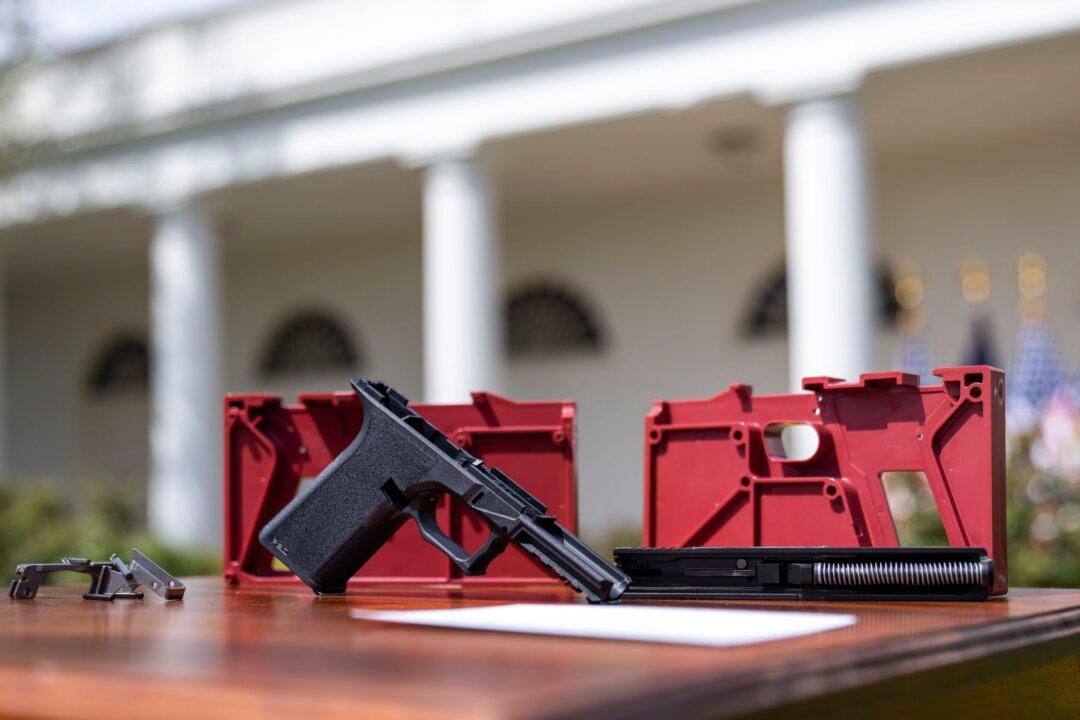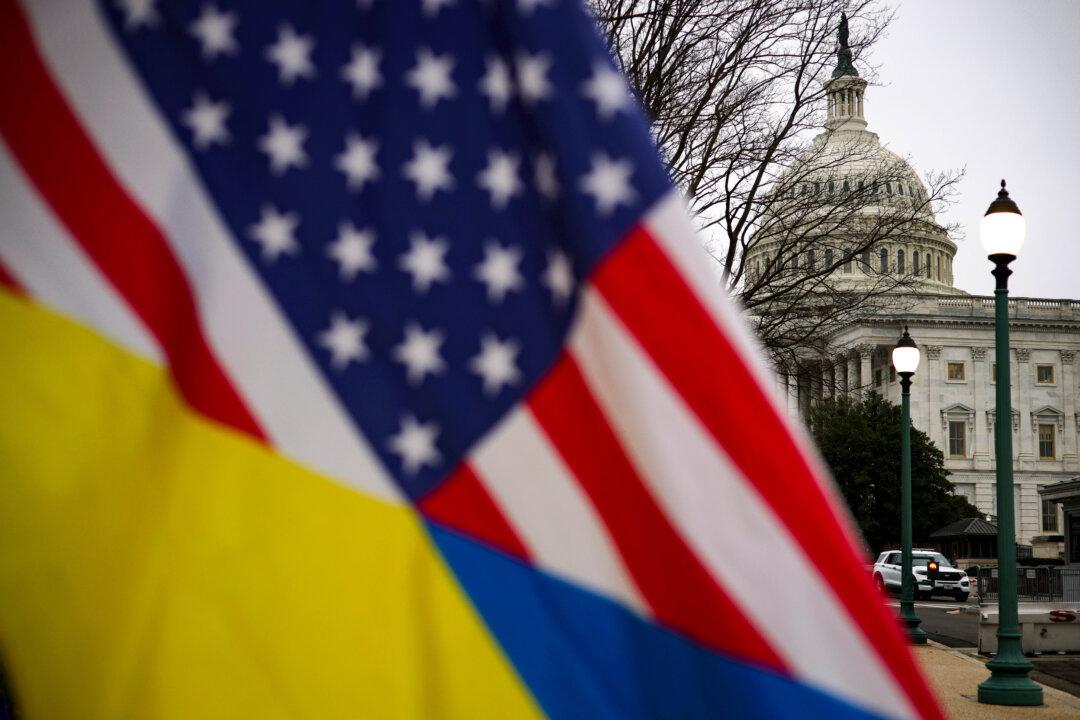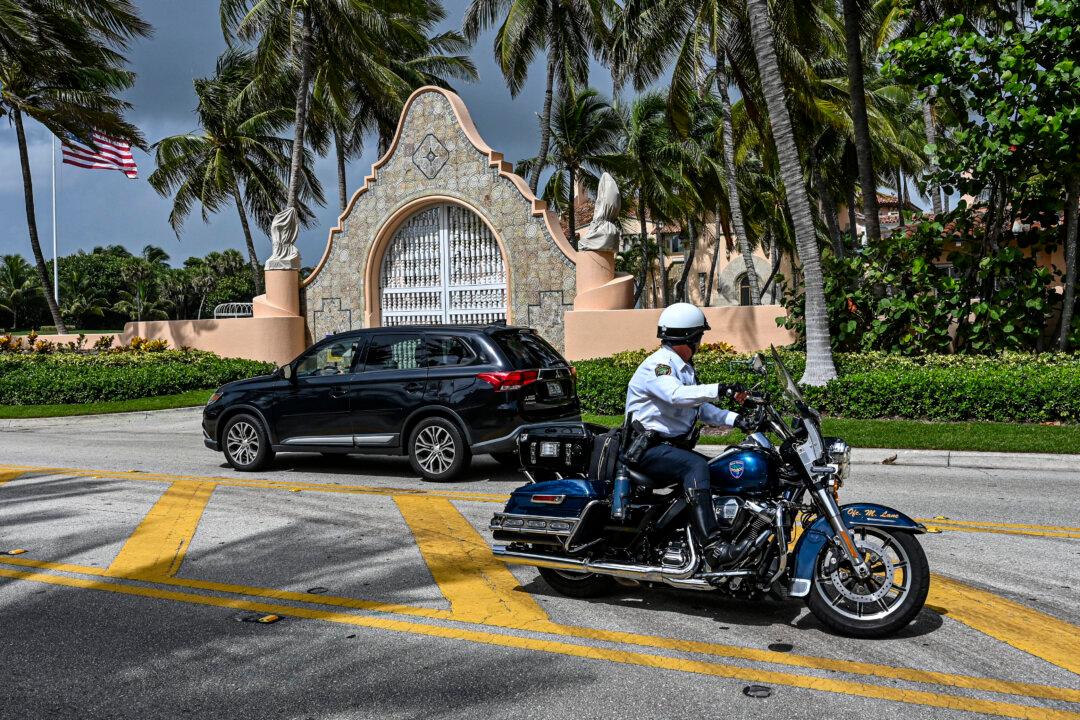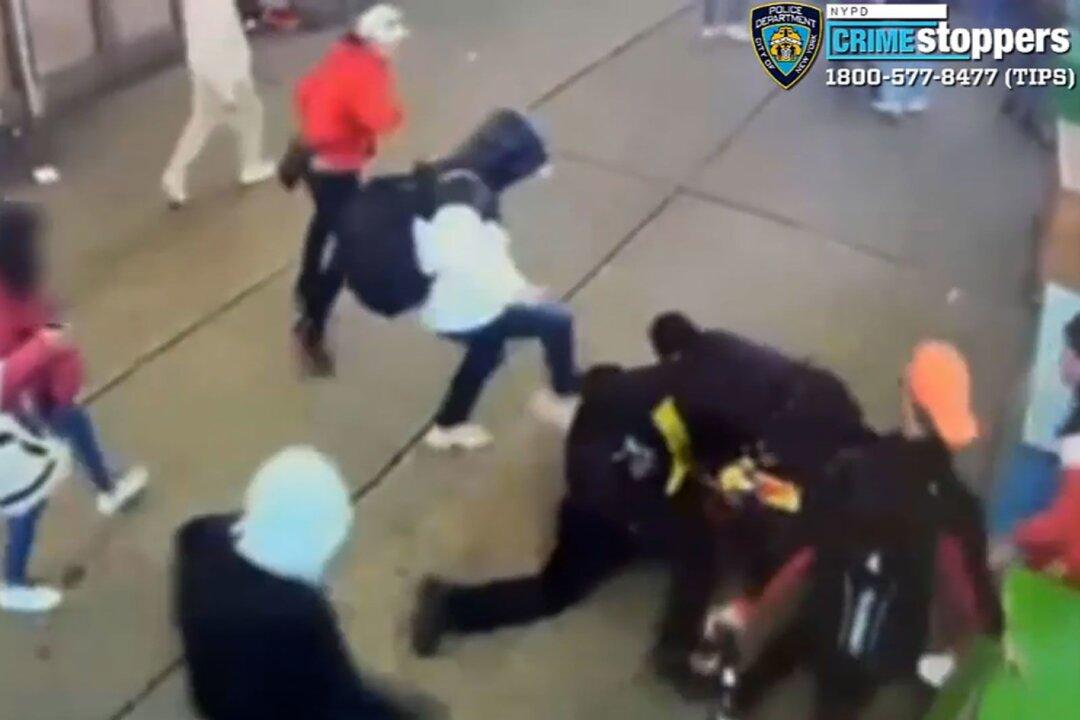U.S. Supreme Justice Samuel Alito on Friday temporarily froze a lower court order and revived the Biden administration’s restriction on so-called ghost guns.
The action by Justice Alito, who handles emergency matters arising from a group of states including Texas, effectively freezes the litigation as the court weighs a request on Thursday from the Biden administration to reinstate the rule pending an appeal before the New Orleans-based 5th U.S. Circuit Court of Appeals.





